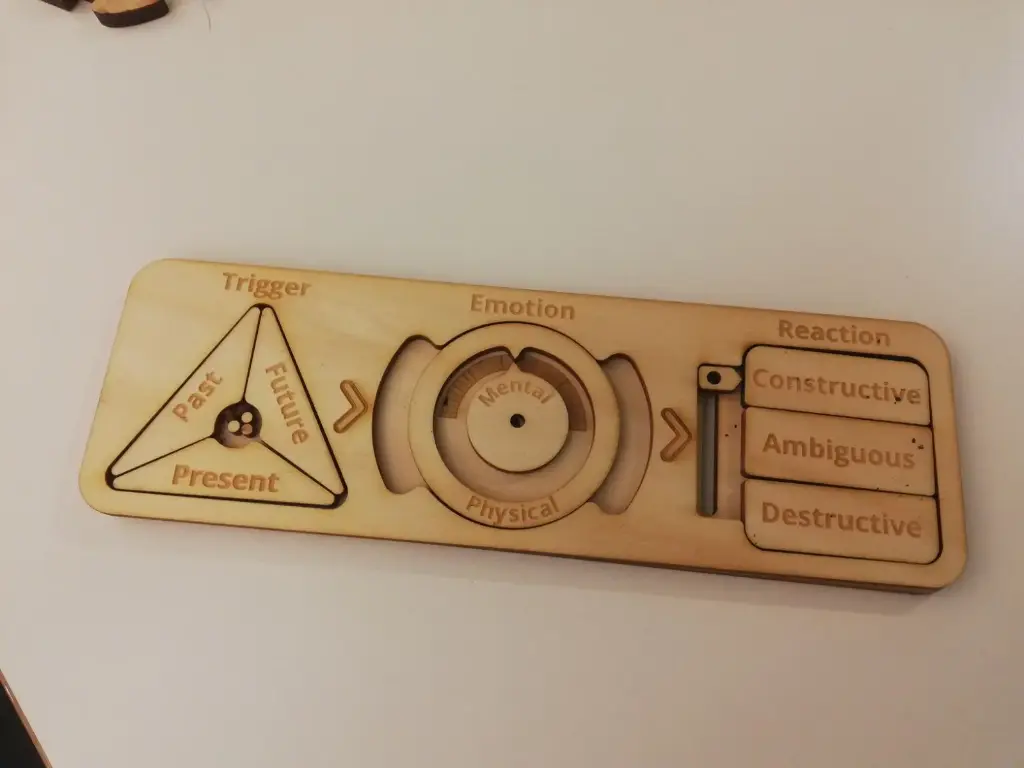Emotion Learning Kit
Designed to help parents and children learn about the nature of emotions and how to respond in a positive and resilient manner. It is based on the concepts explored in the Atlas of Emotions, based on research by Paul and Eve Ekman (initiated by the Dalai Lama).
Atlas of Emotions describes a three part emotional journey:
Emotional trigger
context of the current situation (present)
past events that shape our response (past)
expectation of what we anticipate will happen in the future (future)
Actual emotion
our physical/physiological response and its intensity
our mental response and its intensity
Resulting response or reaction
constructive response that helps us grow and be resilient
ambiguous response that gives us time to process things
destructive response that discourages growth and makes us more sensitive to future events
Emotional Journey Examples
The child performed well in the exams (context of the situation), and the child’s friend is angry or unhappy with him/her (the current event), so the child feels like the friend is jealous of his/her results (expectation).
The resulting response or reaction of the child is to feel ENJOYMENT that causes an adrenaline rush and a feeling of righteousness that the friend is in the wrong because the child has worked hard to achieve the results.
The child is getting urges to either gloat (a destructive response to the friendship), to be humble and explain to the friend about the effort put into achieving the results (a constructive response to the friendship) or to try and celebrate the result with the friend (an ambiguous response to the friendship) but is not sure what to do.
The parent can use the kit to understand and talk through the scenario with the child, keeping in mind that emotions are difficult to define exactly, and that responses need to be appropriate and may be different depending on the context of the situation.
